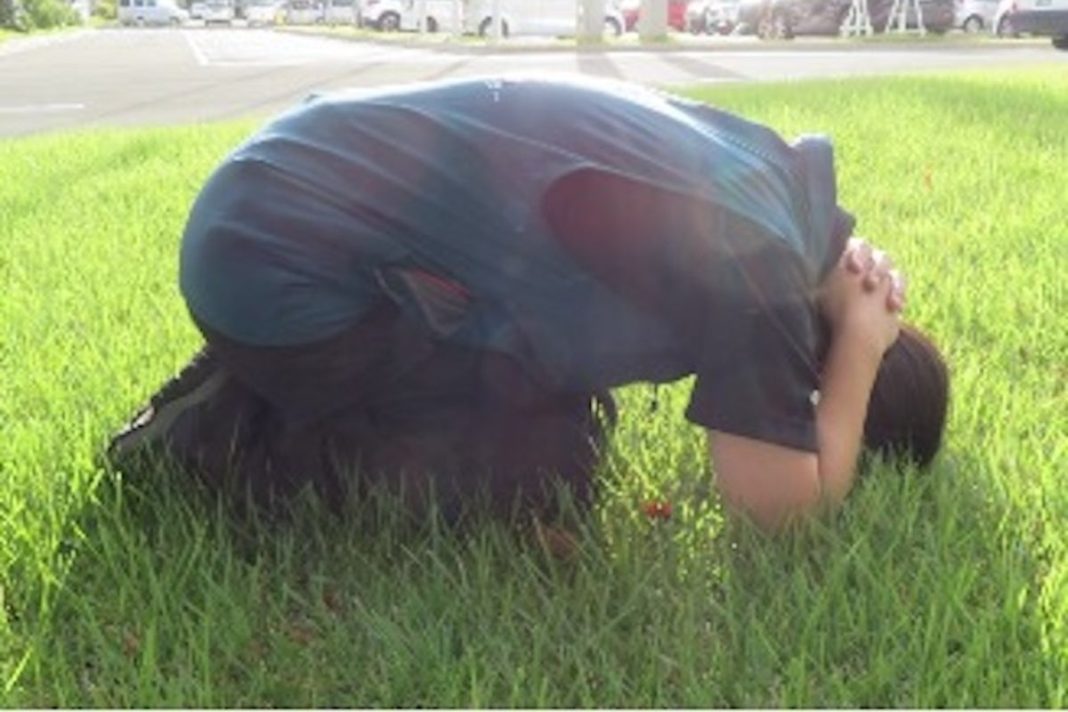Key Takeaways
- Lying face down and covering your head can prevent serious bear attack injuries
- 10% of attack survivors who used this defensive posture escaped serious harm
- Japan recorded 209 bear-related injuries and 9 fatalities in 2023
A new Japanese study reveals that taking a defensive posture by lying face down when encountering a bear can prevent serious injuries. This life-saving technique comes as Japan experiences a record number of bear attacks, with nine fatalities reported this year alone.
Groundbreaking Research on Bear Attack Survival
Researchers from Akita University analyzed 70 people injured in bear attacks during 2023. They found facial, hand and arm injuries were most common. However, seven individuals who immediately lay face down and covered their heads and necks escaped serious injuries entirely.
This represents the first study of its kind based on actual medical data and survivor accounts. Scientists linked personal attack experiences with medical records to understand injury patterns and severity.
Severity of Bear Attack Injuries
Among the 70 cases studied, 23 were classified as severe with multiple trauma. These required general anesthesia and some resulted in finger and limb amputations.
The research published in Clinical Orthopaedic Surgery noted: “There were 23 severe cases, six cases of facial nerve palsy, and four cases of eyeball disorders.”
Remarkably, the study found: “Among those who were affected, 7 people (10 per cent of the total) were able to take a defensive posture, and none of these 7 people were seriously injured.”
Bear Habitats and Attack Locations in Japan
Bears are widespread across Japan, with brown bears inhabiting Hokkaido and black bears found throughout Honshu and Shikoku prefectures.
Bear attacks have increased in recent years due to changing habitats and more human activities in forest areas. Of the 209 bear-related injuries reported nationwide in 2023, 70 occurred in Akita prefecture alone.
Most attacks happened during daily outdoor activities near victims’ own residences. Researchers noted: “Attacks were frequent even in areas close to people’s homes, such as farmland and wooded residential zones.”
Expert Recommendations for Bear Encounters
Study co-author and orthopedic surgeon Yuki Ishigaki emphasized: “It is important for people to understand bear habits and learn effective ways to protect themselves from attacks.”
While the defensive posture cannot guarantee complete safety, researchers confirm it helps minimize injuries to the head and upper body – areas most frequently targeted by bears during attacks. This simple technique could mean the difference between minor and life-threatening injuries.




